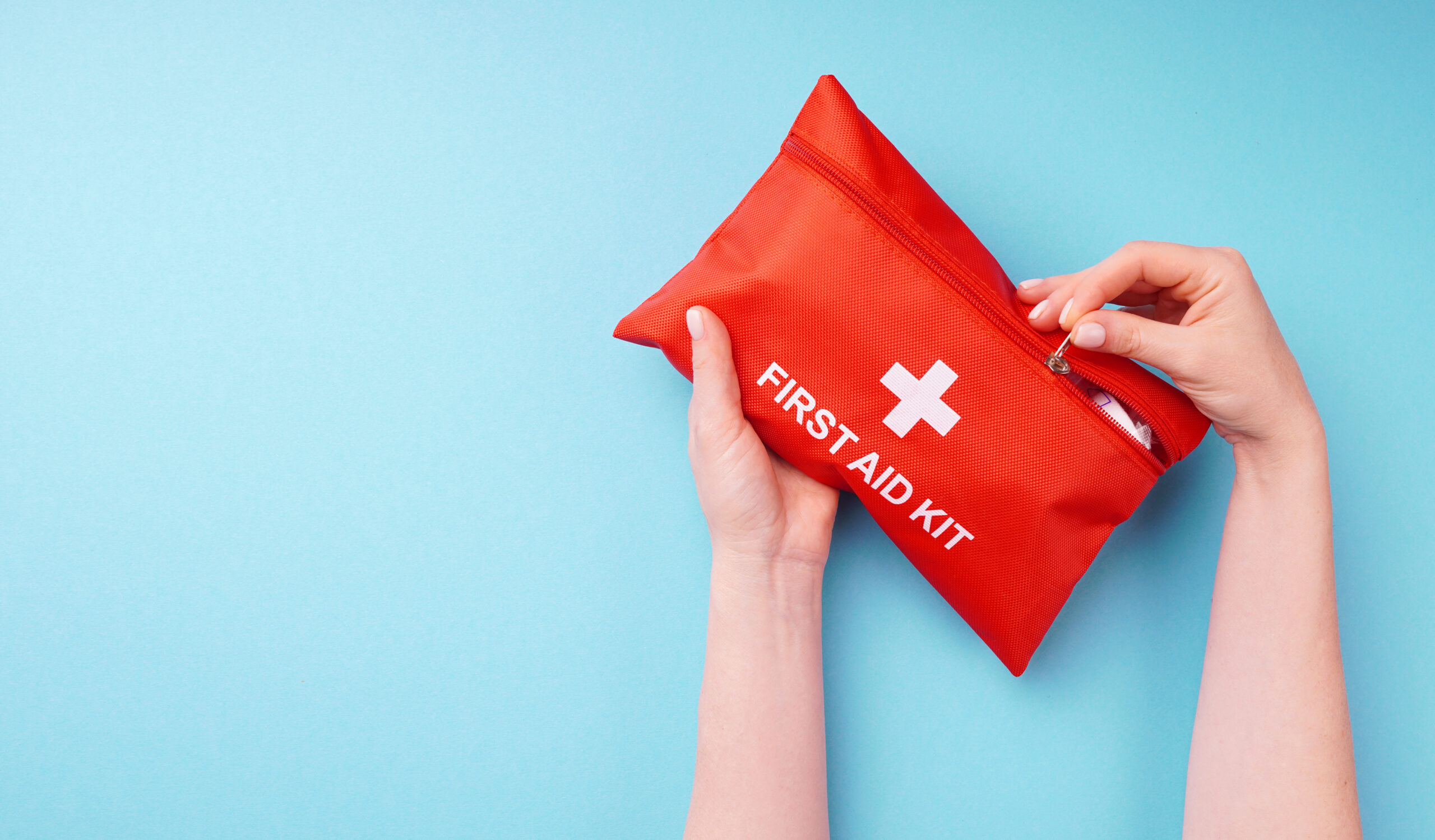Hurricanes rarely threaten Tennesseans, so the devastation from Helene surprised many. Far more common are other events, which can happen throughout the year. Those weather events — and the power outages that often accompany them — can pose a threat to your health and safety.
“Being prepared for a disaster can help reduce the chances of you or your family getting injured when one occurs,” says Jamie Hubbard, a safety specialist for BlueCross BlueShield of Tennessee. “Preparation can also help reduce the strain on the emergency response teams if you don’t have to rely on them in the initial aftermath of an emergency.”
Here’s what you need to know to plan for a weather event that could happen in your community.
Steps you can take
Jamie Hubbard: Don’t wait for a disaster to occur. Take these steps to prepare for any weather-related event:
- Make a communication plan. Decide how you will communicate with family members if a weather event occurs. It may be easier to send text messages or post on social media than to get calls through on your cell phone. Put emergency contact information in an easy-to-find location, such as a written list of numbers in your purse or wallet) and make sure all family members know what to do.
- Sign up for emergency alerts and updates. Download the FEMA app. You can also sign up for text messages and alerts from FEMA. Also, sign up for your local community’s emergency alert service or Emergency Alert System (EAS).
- Consider if you need flood insurance. Most homeowner’s insurance does not cover flood damage. But you may be able to purchase flood insurance through the National Flood Insurance Program.
Here are some other tips for dangerous weather events:
Preparing for a thunderstorm/flooding
Flooding has long been a serious concern in many Tennessee communities, and the risks should be taken seriously.
- Have emergency supplies on hand.
- Get indoors if you hear thunder. If there is thunder, there is lightning, and lightning can be deadly.
- Don’t drive into flowing or standing water. Flash floods can happen with no warning. If you’re driving and encounter water covering a road, turn around. Don’t drive through it.
- Move to higher ground or higher floors in your building if water is rising.
- Evacuate if you’re told to do so by authorities or emergency broadcasts.
Tornado preparation tips
Tennessee has experienced an increase in tornados in recent years, so pay close attention to any tornado watches or warnings.
- Listen for alerts and updates on your radio or phone and be ready to take shelter.
- Go into the basement of a sturdy building or lowest floor of your home.
- Try to stay inside an interior room without windows until the storm has passed.
Wildfire preparation
Wildfires can spready quickly and in unexpected directions.
- Develop an emergency evacuation plan and make sure everyone in your household knows what to do.
- Gather medicines, first aid supplies, N-95 masks, and copies of important paperwork, including insurance information.
- Listen for emergency alerts and follow instructions.
Managing winter weather
If snow or ice is predicted, be extra cautious.
- Don’t follow through with non-essential travel if the weather forecast looks bleak.
- Keep a winter car kit in your vehicle in case you get stranded. Here’s a list of items to include from the National Weather Service.
- If you have a generator, make sure it’s working properly. Don’t use a generator inside or near any windows or air intakes. Take precautions to avoid carbon monoxide poisoning, fire hazards and electrical shock. Here’s helpful information on safe use of a generator at home from the American Red Cross and from FEMA.
How to prepare for a power outage
Jamie Hubbard: Other than personal safety concerns, losing electricity for an extended amount of time is the most common disruption across all weather events.
Here’s are steps you can take now:
Have a stock of supplies on hand. Include working flashlights with extra batteries, nonperishable foods, medicines, a first-aid kit, personal hygiene items, important paperwork, such as health insurance cards, contact information, list of current prescriptions, and more and a battery-operated weather radio.
- Make sure you have drinking water, too. A good rule of thumb is to have a gallon of water per person per day.
- Make sure your electronic devices are charged. Keep some portable chargers on hand in your home and in your car.
- Put your phone and other devices on their low-power mode if you suspect the power is about to go out.
- Install surge protectors on computers and other household electronics.
- If the power goes out, open your freezer or refrigerator as little as possible. If you expect to lose power, stockpile coolers and ice to save some of your perishables.
- If you use any medical devices that require electricity, make sure you have a backup power source.
WellTuned guide to increasing the safety of your home
Get more information about specific health terms, topics and conditions to better manage your health on bcbst.com. BlueCross BlueShield of Tennessee members can access wellness-related discounts on fitness products, gym memberships, healthy eating and more through Blue365®. BCBST members can also find tools and resources to help improve health and well-being by logging into BlueAccess and going to the Managing Your Health tab.


